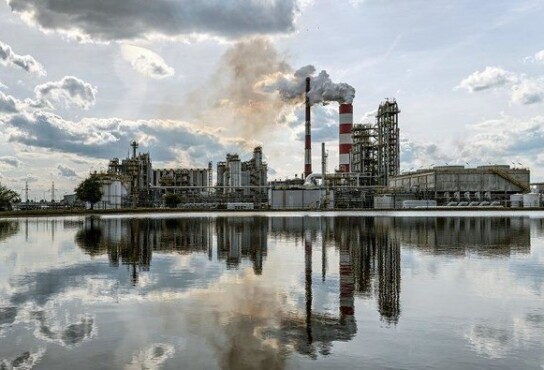
12/05/2023
A few days before its 2023 General Meeting, BNP Paribas announced its new climate plan. These new measures, which have been widely publicized in the press, may lead the general public to believe that a major step forward has been taken. In reality, however, these measures call for many reservations. BNP Paribas is still a long way from being able to respond to the climate emergency. The scientific consensus is unequivocal: we must immediately renounce all support, direct or indirect, for the expansion of all fossil fuels.
BNP Paribas plans to exclude “direct” and “dedicated” financing for new oil and gas projects, but not for the companies that carry these climate bombs. BNP Paribas will therefore be able to continue to use other financial instruments (loans, new bond issues) to support companies like Total that are still developing new fossil fuel fields.
In this way, key financial services such as bond issues are completely outside the scope of BNP Paribas’ policy. Between 2016 and 2022, 37% of the bank’s financing to the fossil fuel industry was tied to these bond issues. It is therefore a massive financing lever for the sector’s majors, BNP Paribas’ preferred clients.
In other words, with its new arrangements, BNP Paribas could still conclude the same multi-billion dollar financing deals that it granted to oil and gas giants BP and Saudi Aramco last February.
Furthermore, when BNP announced that it would be stopping “financing granted to non-diversified oil exploration and production companies”, not only did this exclusion not seem immediate, but it did not include a firm exclusion of oil and gas majors such as Total.
Finally, its policy largely spares gas: BNP Paribas is not reviewing its commitments regarding its support for companies active in the gas sector. As already emphasized in its January announcements, by creating a two-tier policy between oil and gas, and by making clear its willingness to support new gas transportation (LNG) and electricity production projects, BNP is not done with the development of this fossil fuel, whose climate impacts have been repeatedly pointed out by science.
Recall that since 2016, BNP Paribas has been the 4th largest global financier of fossil fuel development and the 1st largest global financier of the 9 European and American majors in this field. The bank’s latest announcements are far from enough to bring it down from this sad podium.
More than ever, the legal action that our associations (Friends of the Earth, Notre Affaire à Tous and Oxfam France) launched last February against BNP seems indispensable so that the court of law can truly force BNP to align its commitments with the scientific consensus.
In the meantime, and for several months now, a number of scientists and activists have been echoing our action and questioning BNP Paribas about its climate policy. The next step is the BNP General Meeting on May 16 in Paris. Our organizations and scientists, including ten co-authors of IPCC reports, have already sent written questions to the Board of Directors. Alongside several scientists, our organizations will be present on the day to hear BNP Paribas’ executives answer for their responsibility on climate change. Support us on social networks and relay the petition for our legal action.